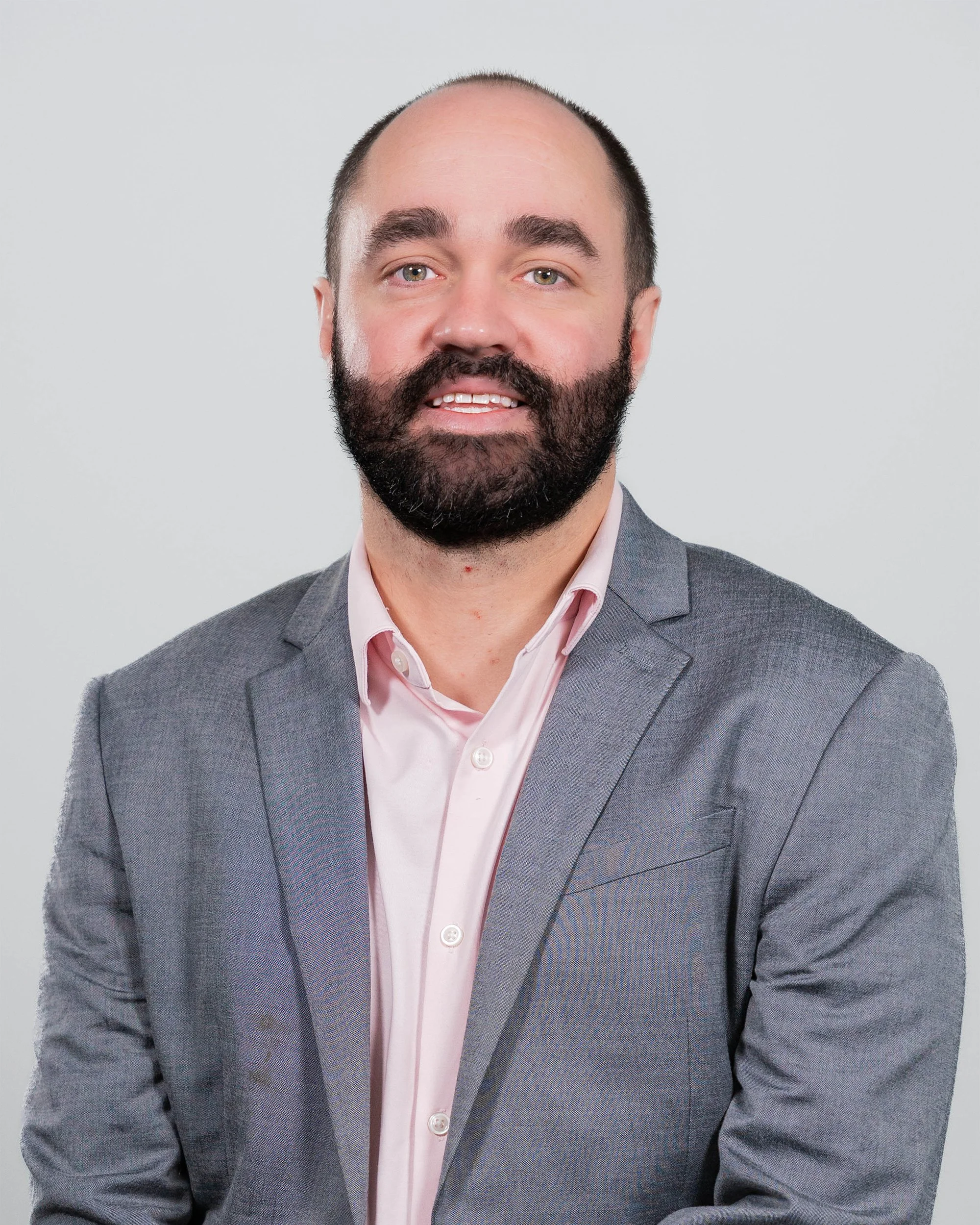
Perspectives
Timothy Wright on the Older Novice Driver Naturalistic Driving Study
By Timothy Wright & Jason Jefferies
Timothy Wright, PhD, PMP
Jason Jefferies, MA
-
Dunlap Research is collaborating with Johns Hopkins University, VTTI, Econometrica, and Clinical Squared on a NHTSA-funded study examining how delayed licensure impacts crash risk among new drivers.
-
The study follows both teen and older novice drivers through data collected from in-vehicle instrumentation and smartphone apps during their first year on the road.
-
Researchers are exploring how personality, mental health, family relationships, and sleep habits influence driving behavior—and whether licensing restrictions could help protect older novices.
Dunlap Research is working with Johns Hopkins University on the Older Novice Driver Naturalistic Driving Study for the National Highway Traffic Safety Administration (NHTSA) in collaboration with the Virginia Tech Transportation Institute (VTTI), Econometrica, and Clinical Squared.
“In recent years, new drivers have increasingly delayed licensure,” project lead Timothy Wright says. “In the past, new drivers would get their driver’s license as soon as they were legally allowed to do so. Now, more drivers are waiting until they are 18 to 20 years old.
“Historically, these teen drivers are at a higher risk of getting into a motor vehicle crash during the early stages of their tenure as licensed drivers. The Older Novice Driver Naturalistic Driving Study is designed to look at how that risk of getting into a motor vehicle crash changes when drivers delay licensure.”
What does the work on this project look like?
“We are going to partner with a State DMV or State DMVs,” Wright says. “With these partnerships in place, we can recruit both new teen drivers and older novice drivers immediately upon licensure. Once we have driver participants enrolled in the study, we are going to instrument their vehicles and have them download an app on their smartphone so we can record their earliest driving experiences, for up to a full year immediately after licensure.
“We will also be surveying study participants with questions that we expect to be associated with risky driving based on previous research. For example, we will assess their personalities, their mental health outlooks and habits, their relationships with their parents, and their sleep habits. We will be looking at everything that could potentially be risk factors for these novice drivers and comparing the data within and between age groups.”
Why is this an important topic to study?
“Drivers that delay licensure often are not subject to the same license restrictions of those drivers that choose to get a license as soon as they are legally able,” Wright says. “This study will be informative of whether license restrictions may be beneficial to older novices as well. We look forward to riding along with these novice drivers, virtually, for the first year of their driving tenure and getting real data on how they are approaching the task of driving on the roadways, and how risk profiles compare not only between differing age groups of novice drivers, but also amongst drivers with different backgrounds and habits. I think we are going to produce a large dataset that will not only serve this study but also be a springboard for future projects.”
About the Experts
Timothy Wright, PhD, PMP
Dr. Wright has led a diverse array of projects that focused on transportation safety. In recognition of his accomplishments, he was appointed to the TRB’s Committee on Simulation and Measurement of Vehicle and Operator Performance and elected the Vice President and subsequently President of the New England Chapter of HFES.
Jason Jefferies, MA
Jason Jefferies is an experienced writer, editor, and project manager with a background spanning journalism, media, and higher education. He has written for publications including VegNews, The Colorado Sun, Aspen Daily News, and WRAL.com, designed websites for multiple organizations, and hosts two podcasts with over 50,000 listeners. At Dunlap, Jason prepares, reviews, and edits scientific and technical reports, proposals, and literature reviews, ensuring accuracy, clarity, and adherence to style standards. He also collaborates with Principal Investigators on project strategies and timelines, manages internal and external communications, and is overseeing the refresh of Dunlap’s website featuring new stories, interviews, and recordings.
Have a Question?
We’d love to hear from you. Reach out to learn more about this topic or discuss your next project with our team.
Contact Us




